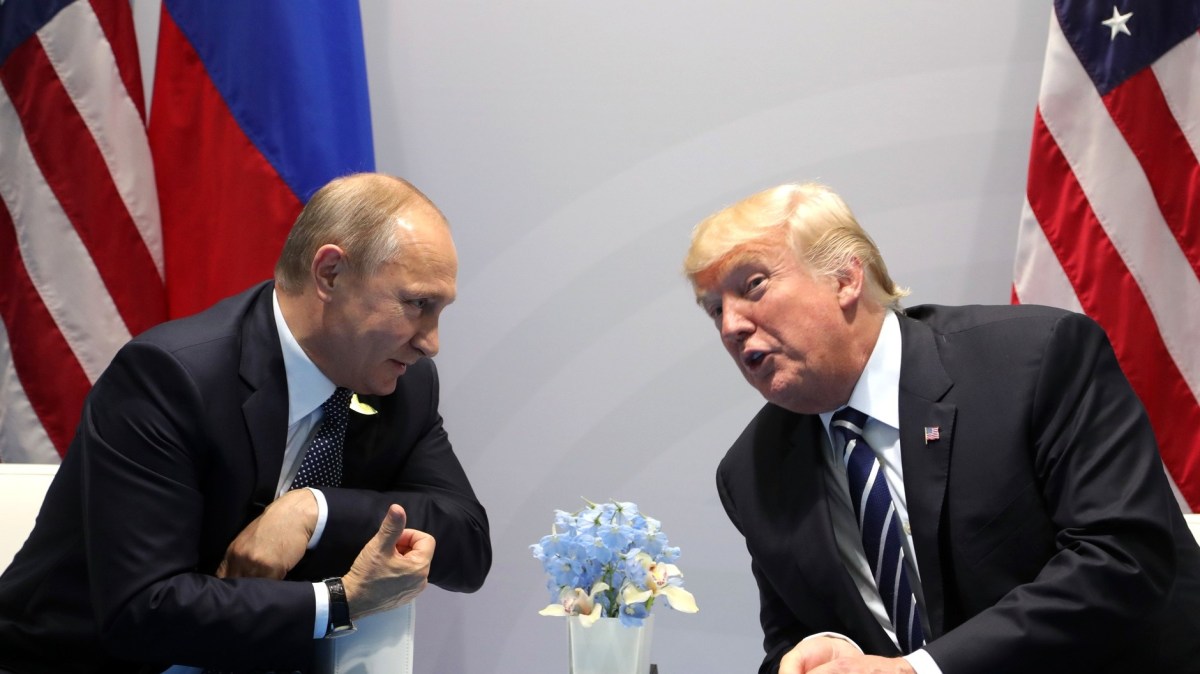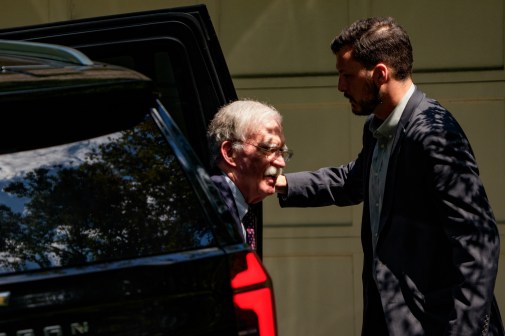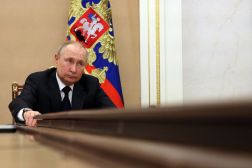Russian hackers struck Clinton server hours after Trump called for emails

On the same day that Republican presidential candidate Donald Trump encouraged Russia to hack into Hillary Clinton’s emails, a group of Russian military intelligence officers began launching cyberattacks aimed at computer severs used in her personal office, based on an indictment filed by the Department of Justice.
The timing, which was first made apparent through a series of criminal charges disclosed Friday against 12 Russian nationals, reveals the complex and apparently reactionary nature of the now infamous foreign hacking operation.
“Russia, if you’re listening, I hope you’re able to find the 30,000 emails that are missing,” Trump said at a press conference on July 27, 2016. “I think you will probably be rewarded mightily by our press.”
The indictment does not answer the question of whether the Russians were reacting to Trump’s speech. But there is some cursory evidence that they were listening.
“On or about July 27, 2016, the conspirators attempted after-hours to spearphish for the first time email accounts at a domain hosted by a third-party provider and used by Clinton’s personal office,” the indictment reads.
Later that day the same Russian intel officers named in the indictment also began targeting 76 different Clinton campaign email accounts with phishing emails.
Trump made the statement calling on Russian hackers to act at about 10:30 a.m. on July 27, which would be 5:30 p.m. Moscow time. The use of the phrase “after-hours” in the indictment — related to when the hackers first began sending their malicious emails — hints at the activity occurring after the typical 9 a.m. to 6 p.m. Russian workday.
Deputy attorney general Rod Rosenstein, who is overseeing the investigation by special counsel Robert Mueller, told reporters that the indictment did not suggest that any U.S. citizen had knowingly been in contact with Russian officials.
The revelation comes just three days before Trump is expected to meet for diplomatic talks with Russian President Vladimir Putin.






